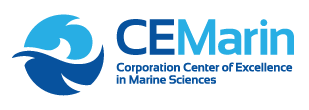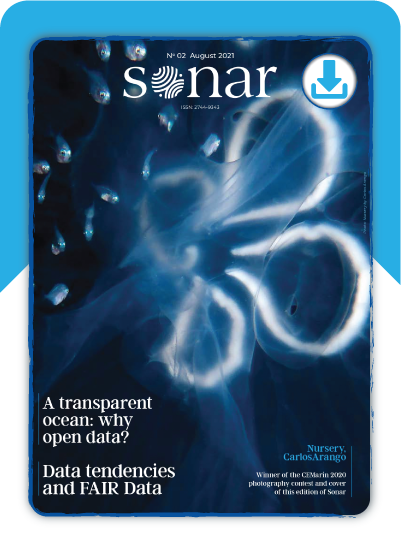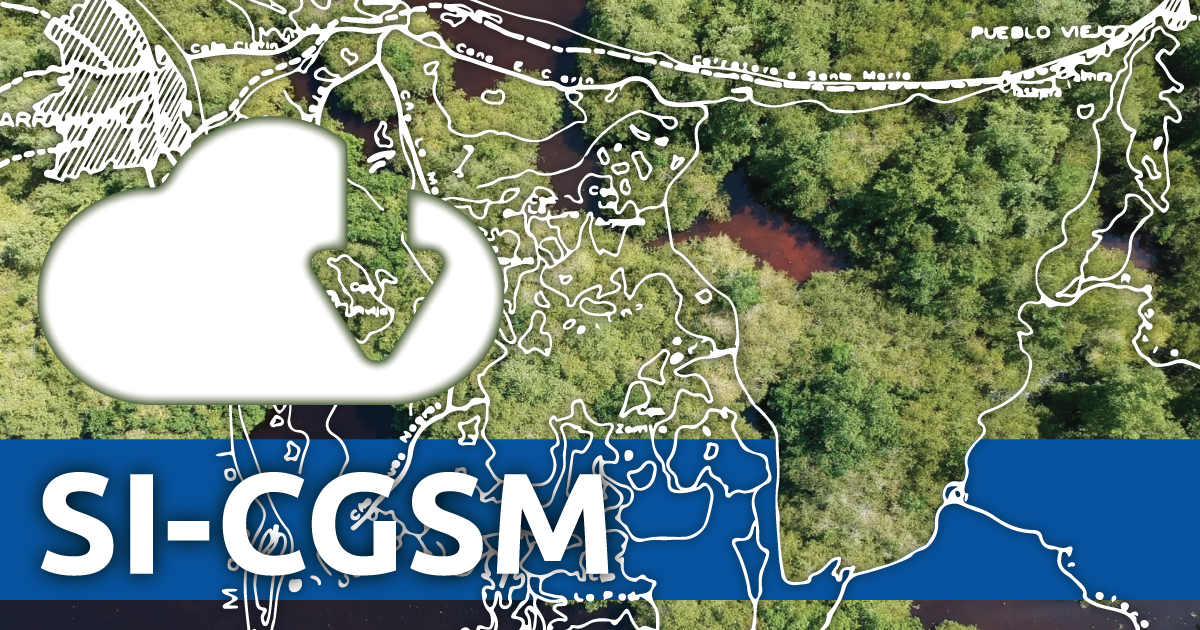
14 May Promoting Sustainable Environmental Management through Open Data
Assertive environmental management depends on a fundamental piece: the availability and quality of information. However, in many Colombian socio-ecological systems, this information is scattered and hard to access, leading to inefficient management decisions, wasted time, and unnecessary cost increases.
In response to this pressing need, an open data repository on coastal marine ecosystems has been developed, the Information System – Ciénaga Grande de Santa Marta (SI-CGSM), led by Dr. Horst Salzwedel. The Ciénaga Grande de Santa Marta (CGSM), one of the world’s most productive coastal estuarine lagoons, has experienced significant socio-economic decline due to infrastructure projects since the 1960s.
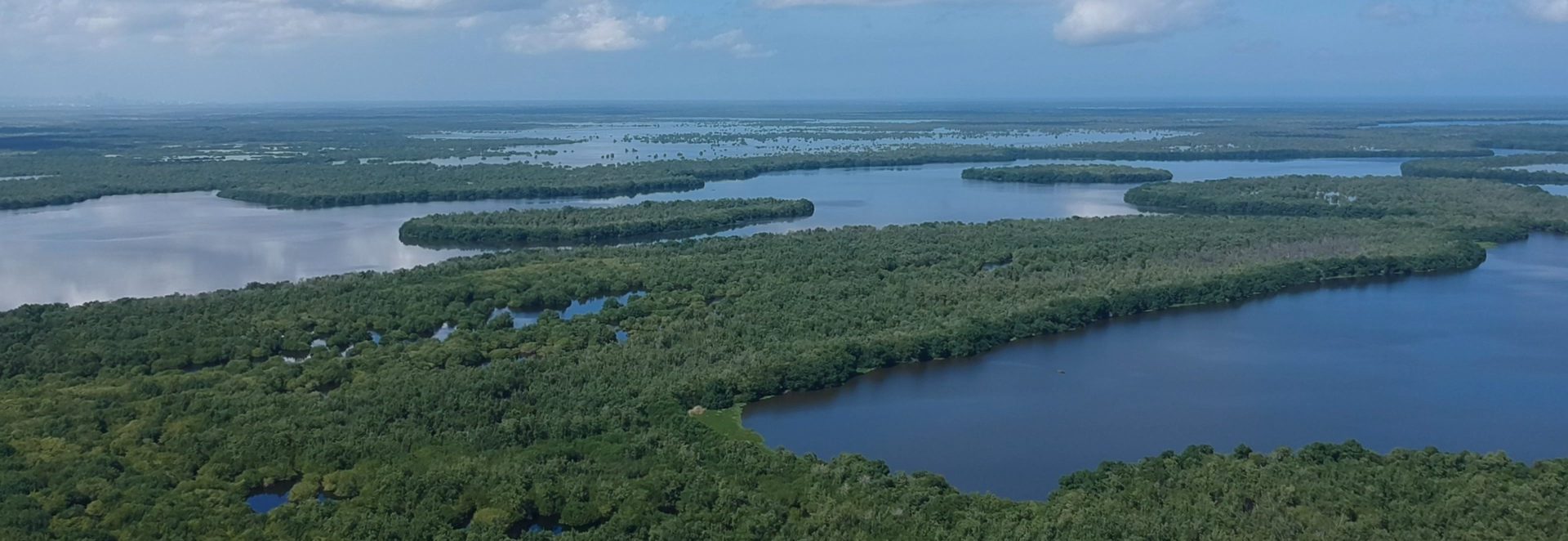
The German-Colombian Pro-Ciénaga project was an attempt to initiate its recovery by reconnecting the Magdalena River with its former delta. However, the lack of sustained efforts led to additional setbacks. Despite current proposals for the CGSM, there is uncertainty about whether it will leverage the existing information in this open data repository on coastal marine ecosystems, which could result in project failures and unnecessary expenses.
Since 2016, work has been underway to create a bibliographic repository containing nearly 1900 documents from various disciplines related to the CGSM. This repository, hosted on the Zotero platform and accessible from the Information System – Ciénaga Grande de Santa Marta, has been meticulously designed to provide open access to researchers and institutions interested in the socio-ecological management of this vital eco-region.
One of the standout features of SI-CGSM is its open accessibility to all stakeholders. Through the link [https://cgsm.cemarin.org/repositorio/referencias-zotero/], all references collected to date can be accessed. However, it is recognized that a direct connection to the Zotero database may not be the most user-friendly, so efforts are being made to create entries/posts that facilitate access and navigation.
Currently, approximately 50% of the references have been organized in the “Abiotic” dimension, while the “Biotic” and “Anthropic” dimensions are in the process of being completed. Additionally, SI-CGSM also provides access to digital copies of documents not freely available on the internet, although this access requires registration through [https://cgsm.cemarin.org/register/].
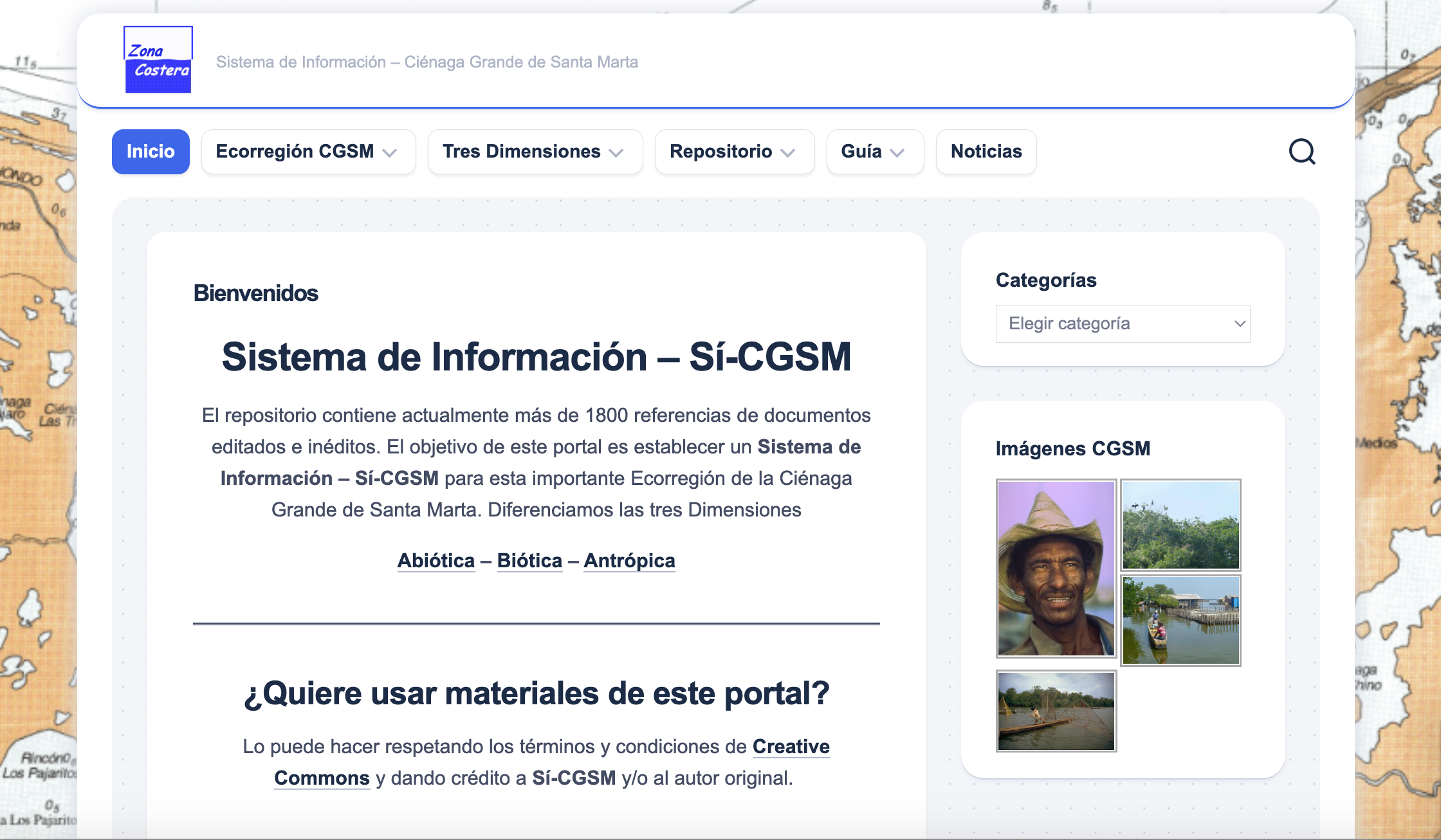
It is important to emphasize that, to date, access requests have been monitored, and access is granted only to those who clearly express research motives. This approach ensures that the resources of this open data repository on coastal marine ecosystems are used efficiently and that those who need access to information for research purposes can do so in a timely manner.
In summary, SI-CGSM represents a significant step towards sustainable environmental management in the CGSM eco-region. By providing open access to a wide range of information, this project not only facilitates informed decision-making but also encourages collaboration and interdisciplinary research to maximize the well-being of its inhabitants and the conservation of this important coastal ecosystem.
At CEMarin, we have been aligned with the open data policy for several years.
If you want to learn more about this trend and its benefits, you can download our SONAR 2021
–
